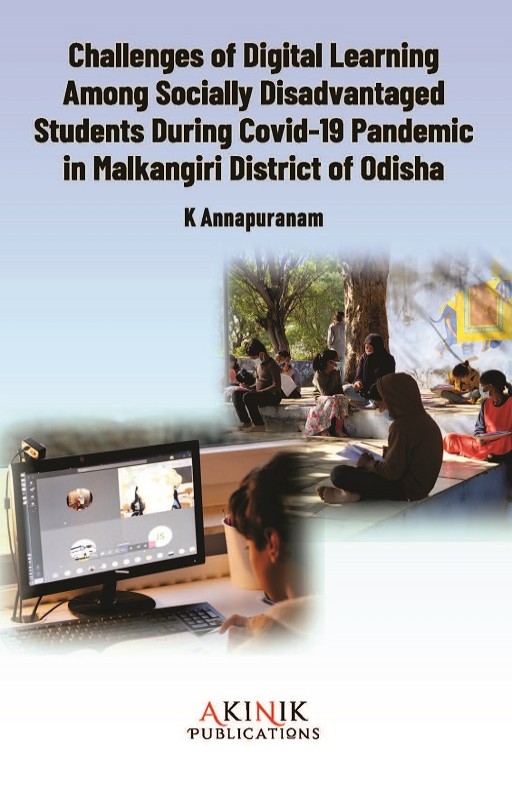Description
This monograph is developed as part of my post-doctoral research work on the impact of covid-19 on the school education of SC/ST students in Malkangiri district of Odisha, India. It explores the challenges in accessing digital education, adaptability of teachers to digital education, and parental support to children. The multistage and stratified random technique are the most rigorous and robust research method used to explore the challenges of digital learning with primary data. The hypotheses are validated with chi-square and linear regression analysis. The study reveals that owning a digital device has a significant relationship with caste. The teacher’s help and peer group interaction are statistically significant on the overall satisfaction of students with digital learning are unique on the scale of sustainable development.




